Nestled along the shores of Massachusetts, Boston has long been distinguished by its unique epithet, “City on a Hill.” This intriguing title has historical roots deeply embedded in the city’s foundation, echoing a narrative that transcends time. But why is Boston called ‘City on a Hill’?
The origins of this evocative designation can be traced back to early colonial America, where Puritan settlers envisioned their community as a shining example for others to emulate.
As we unravel the layers of history, this exploration aims to shed light on the factors that led to Boston’s adoption of the “City on a Hill” moniker, examining the ideals and aspirations.
We’ll also explore events that molded the city into a symbol of inspiration and aspiration. Join us on this historical journey as we delve into the reasons behind Boston’s enduring title as the “City on a Hill.”
Why Is Boston Called ‘City on a Hill’?
Boston’s moniker, “City on a Hill,” is steeped in history and symbolism, reflecting the aspirations of its early settlers. Delving into the origins unveils a narrative that transcends time.
Puritan Vision: The Seeds of Aspiration
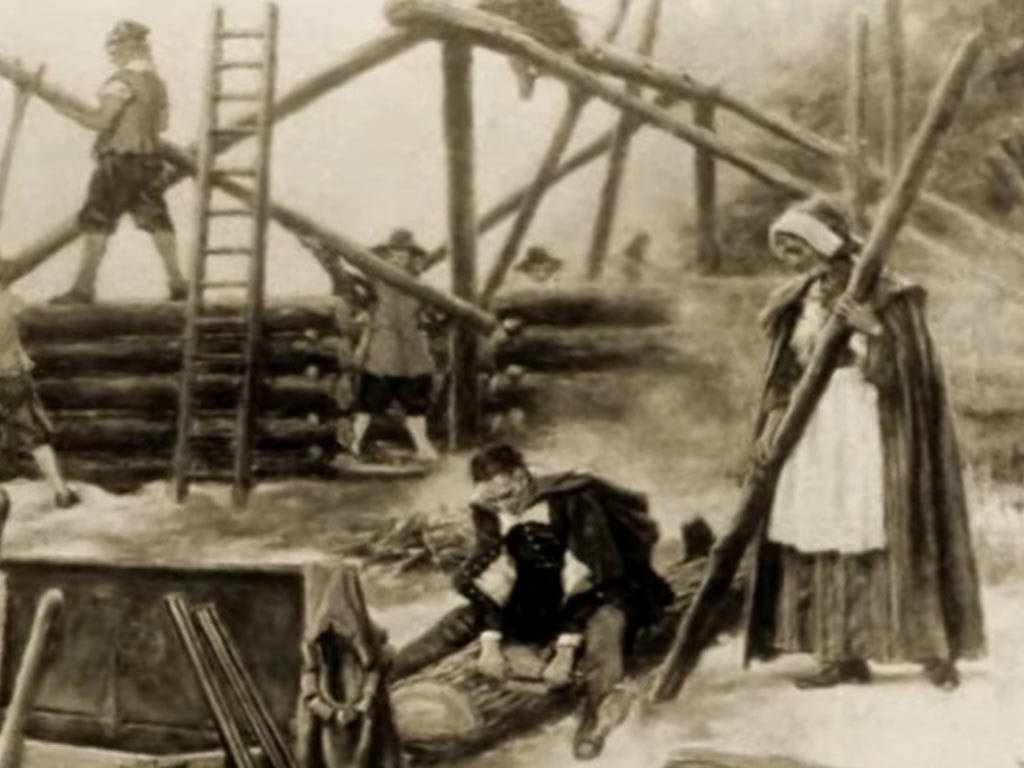
In the early 17th century, Puritan settlers envisioned their new community as a shining example for others a metaphorical “City on a Hill.” Driven by religious ideals, this vision laid the groundwork for Boston’s enduring designation.
Religious Foundations: A Spiritual Haven
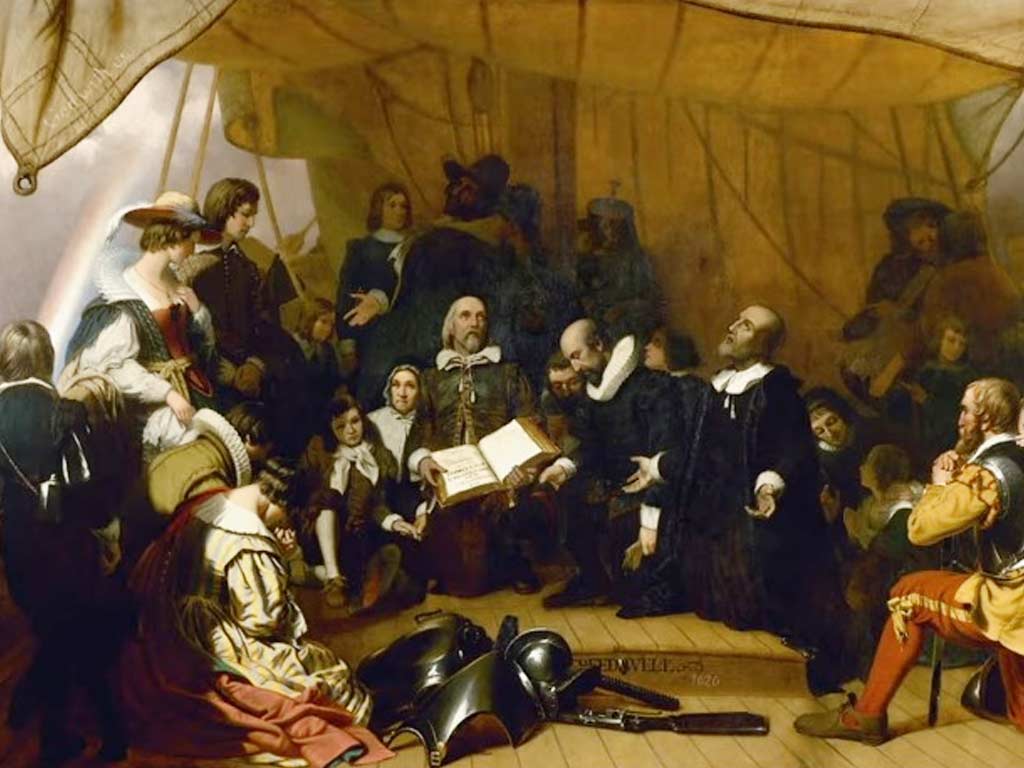
Boston, founded in 1630 by Puritans seeking religious freedom, became a haven for those seeking to practice their faith without persecution.
The “City on a Hill” concept mirrored the Puritans’ belief that their actions and virtues would be observed by all, influencing society positively.
John Winthrop’s Sermon: Crafting the Metaphor
The renowned sermon delivered by Governor John Winthrop in 1630 crystallized the concept of Boston as a “City on a Hill.”
Winthrop’s eloquence and vision articulated the community’s duty to uphold high moral standards, ensuring that their exemplary conduct would inspire others.
Moral Exemplar: A Call to Virtue
The Puritans saw themselves as a chosen people with a divine duty to exemplify moral and righteous living.
The metaphor embodied a commitment to virtue, integrity, and communal well-being—a commitment that shaped Boston’s identity for centuries to come.
Beacon of Hope: Facing Challenges
Over the centuries, Boston faced numerous challenges, from economic hardships to social upheavals.
However, the “City on a Hill” ethos served as a beacon of hope, urging its inhabitants to overcome adversity with resilience and a sense of communal responsibility.
American Revolution: A Crucible of Freedom
Boston played a pivotal role in the American Revolution, further solidifying its identity. The idea of a “City on a Hill” evolved to encompass not just moral virtue but a commitment to freedom, justice, and the pursuit of a democratic society.
Educational Hub: Nurturing Minds on the Hill

As Boston flourished, it became an intellectual center, home to prestigious institutions such as Harvard University.
The metaphor of a “City on a Hill” extended to the pursuit of knowledge, emphasizing the city’s role in shaping minds and fostering innovation.
Cultural Renaissance: Boston’s Artistic Flourish
In the 19th and 20th centuries, Boston experienced a cultural renaissance, marked by literary achievements, artistic endeavors, and progressive thinking.
The “City on a Hill” continued to inspire creativity and forward-thinking, solidifying its place in the cultural tapestry of America.
Challenges and Renewal: Boston’s Resilience
Through challenges like economic recessions and social tensions, Boston continually demonstrated resilience. The metaphor of a “City on a Hill” spurred collective efforts to address issues and renew the city’s commitment to inclusivity and progress.
What Are the Other Nicknames of Boston?
Boston, renowned as the “City on a Hill,” boasts a colorful array of additional nicknames that reflect its diverse history and vibrant character. Explore the various monikers that have adorned this iconic city over the years.
Beantown: A Culinary Legacy

One of Boston’s most affectionate nicknames, “Beantown,” traces its roots to the city’s colonial history. The tradition of slow-cooking baked beans with molasses earned Boston this endearing title, highlighting its culinary legacy and regional specialties.
The Hub: A Cultural Center
Often referred to as “The Hub,” Boston earned this moniker in the mid-19th century, emphasizing its role as a cultural and intellectual hub.
The nickname reflects the city’s prominence in literature, education, and innovation during this transformative period.
Athens of America: Intellectual Prestige
In the 19th century, Boston gained the moniker “Athens of America” due to its flourishing intellectual and literary scene.
This nickname underscores the city’s commitment to education and its status as a beacon of enlightenment, akin to ancient Athens.
Puritan City: Historical Roots
Reflecting its Puritan origins, Boston is occasionally referred to as the “Puritan City.” This nickname pays homage to the city’s founding principles and its early role as a haven for those seeking religious freedom.
The Cradle of Liberty: Revolutionary Significance
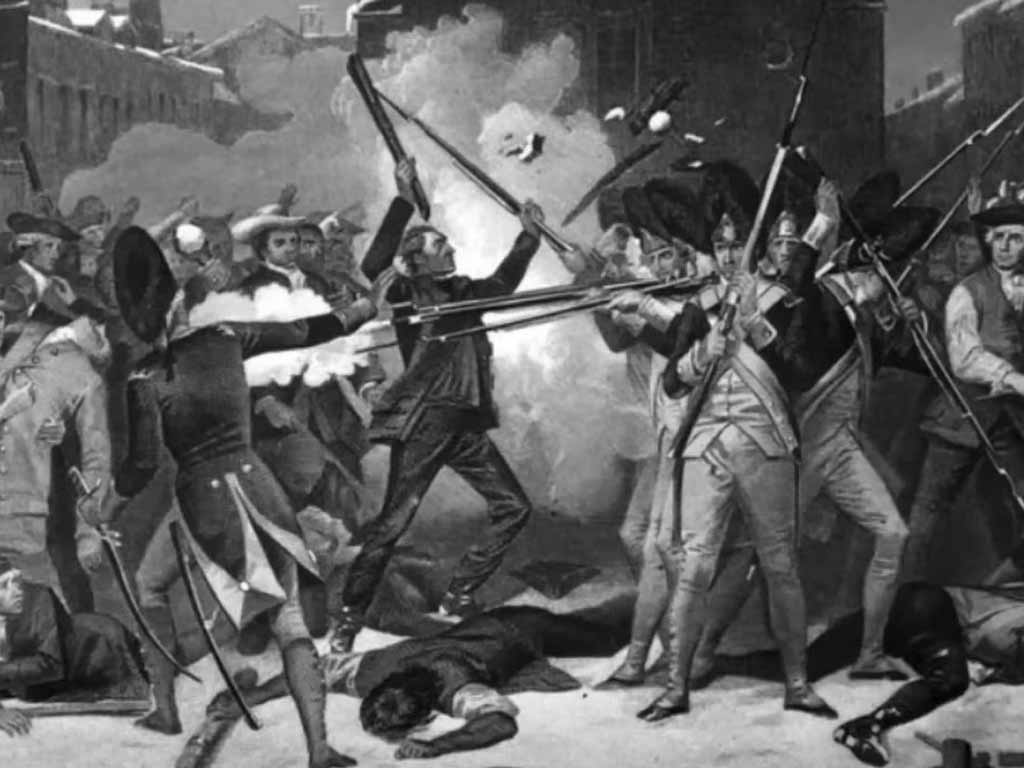
As a crucial hub during the American Revolution, Boston earned the moniker “The Cradle of Liberty.” This nickname highlights the city’s pivotal role in shaping the nation’s early struggle for independence, exemplified by events like the Boston Tea Party.
America’s Walking City: Pedestrian-Friendly Charm
Embracing its compact layout and pedestrian-friendly streets, Boston is affectionately known as “America’s Walking City.”
This nickname reflects the city’s charm and encourages exploration on foot, revealing its historic neighborhoods and iconic landmarks.
The Olde Towne: Historical Charm
Boston’s moniker as “The Olde Towne” encapsulates more than just a quaint nickname; it serves as a testament to the city’s steadfast dedication to preserving its historical heritage.
The cobblestone streets that wind through its neighborhoods echo the footsteps of generations, and the colonial architecture stands as a living museum of times gone by.
Title Town: Sports Dominance
Boston’s claim to the title “Title Town” extends far beyond the realms of sports statistics; it embodies a cultural legacy of triumph and unwavering dedication.
The city’s sports dominance, marked by numerous championships in baseball, basketball, hockey, and football, is a source of immense pride for both players and fans alike.
The Walking City: Commuter-Friendly Design
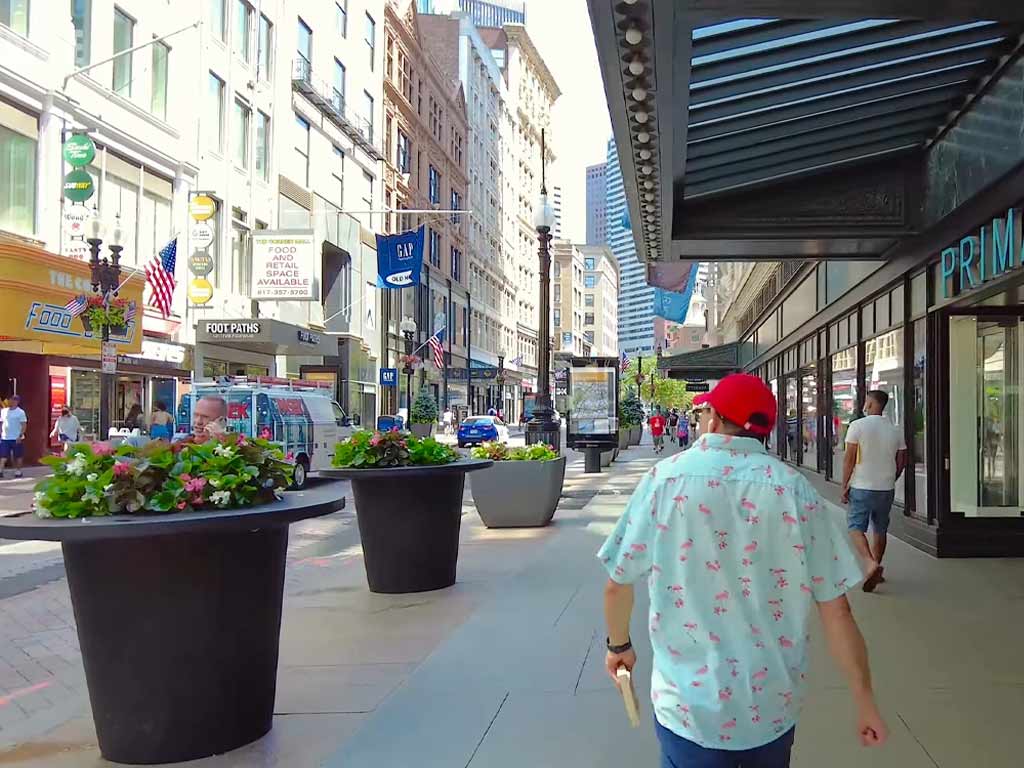
“The Walking City” is more than a convenient nickname for Boston; it encapsulates a deliberate urban planning ethos that prioritizes accessibility and sustainability.
Beyond the charming pedestrian-friendly streets, Boston’s well-connected public transit system transforms the city into a haven for those who prefer commuting on foot or using efficient public transportation.
The Hub of the Universe: Unrivaled Significance
Coined by Oliver Wendell Holmes in the 19th century, “The Hub of the Universe” isn’t just a grandiose title; it encapsulates Boston’s unrivaled significance on a global scale.
This moniker speaks to the city’s central role in culture, commerce, and intellectual pursuits, positioning Boston as a dynamic hub where ideas flourish, businesses thrive, and cultural movements take root.
The Uncommon City
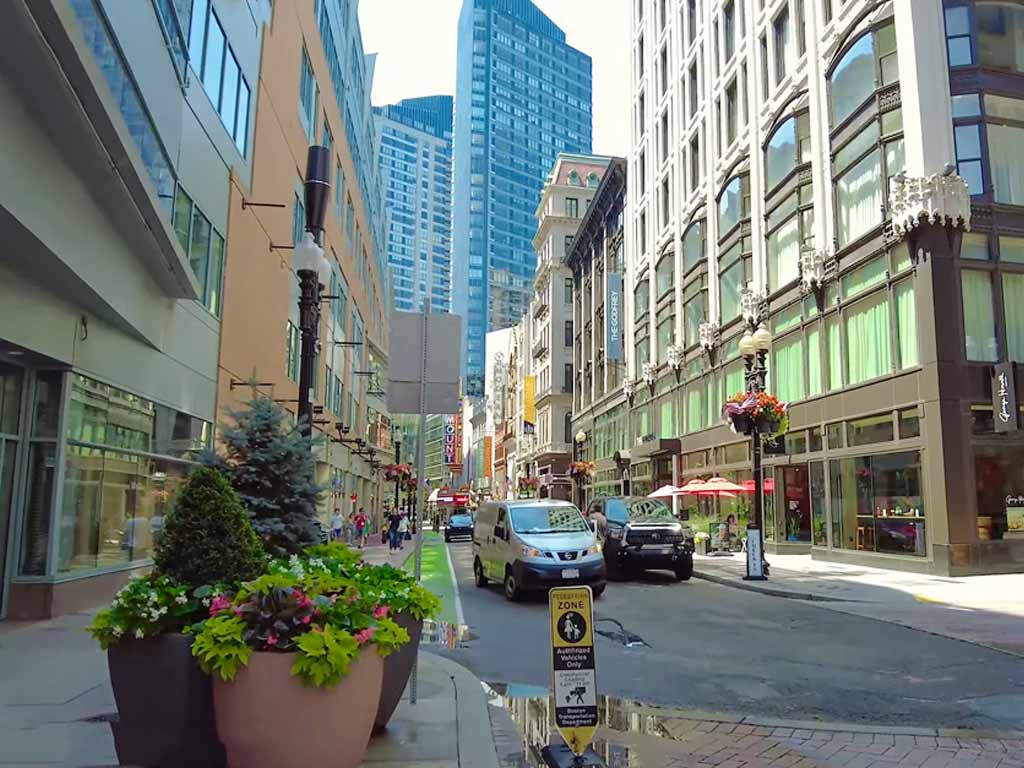
Boston earned the moniker “The Uncommon City” due to its rich history, distinct character, and unique blend of tradition and innovation. The city’s uncommon spirit is reflected in its cultural diversity, academic excellence, and progressive ideals, setting it apart from other urban centers.
The Cradle of Revolution
Known as “The Cradle of Revolution,” Boston played a pivotal role in the American Revolution. Historic events like the Boston Tea Party and the Battle of Bunker Hill unfolded here, marking the city as the birthplace of the struggle for independence and a symbol of revolutionary spirit.
The 617 (Area Code)
Referring to Boston by its area code, “The 617,” is a shorthand way of highlighting the city’s identity. Locals often use this nickname as a nod to community and shared experiences, fostering a sense of connection among Bostonians.
The Dirty Water
“The Dirty Water” nickname originates from the Standells’ famous song “Dirty Water,” which became an anthem for the city. The term affectionately refers to the murky waters of the Charles River and Boston Harbor, embracing the city’s gritty, working-class roots.
The Sports Capital
Boston has earned the title of “The Sports Capital” due to its passionate sports culture and the success of its professional teams, particularly the Boston Red Sox (baseball), Boston Celtics (basketball), New England Patriots (football), and Boston Bruins (hockey).
The city’s numerous championships contribute to its reputation as a hub for sports excellence.
FAQs
What is the history behind Boston’s nickname “Beantown”?
“Beantown” originates from Boston’s colonial history, where slow-cooked baked beans with molasses were a culinary staple. The nickname affectionately reflects the city’s historical connection to this regional dish.
How did Boston become known as “Title Town”?
Boston earned the nickname “Title Town” due to its sports dominance, winning numerous championships across various sports. The city’s athletic prowess and passionate fan base contribute to this moniker.
What is the significance of Boston being called “The Walking City”?
“The Walking City” highlights Boston’s commitment to pedestrian-friendly design and a well-connected public transit system. This nickname emphasizes the city’s accessibility, sustainability, and vibrant urban experience.
Why is Boston sometimes referred to as “The Hub of the Universe”?
Coined by Oliver Wendell Holmes in the 19th century, “The Hub of the Universe” signifies Boston’s unrivaled global significance in culture, commerce, and intellectual pursuits. It reflects the city’s central role as a dynamic hub for innovation and ideas.
What is the historical significance of Boston as “The Cradle of Liberty”?
Boston earned the nickname “The Cradle of Liberty” due to its pivotal role in the American Revolution. Events like the Boston Tea Party and the early struggle for independence marked the city’s historical significance as the birthplace of American liberty and democracy.
Conclusion
In delving into the historical tapestry of Boston’s nomenclature, we discover a city that transcends its geographical boundaries.
The moniker “City on a Hill” encapsulates a profound legacy of purpose and aspiration, rooted in the early ambitions of the Puritan settlers.
Boston, with its rich history and enduring spirit, continues to stand as a beacon of ideals, embodying the collective dreams of a community that aimed not only for prosperity within its borders but also to cast a guiding light for others.
As we conclude our exploration, it becomes evident that the title “City on a Hill” is not merely a historical artifact but a living testament to the resilience, vision, and enduring legacy of Boston.
The more you explore it the more you get curious about its ancestry. It’s a historic city that remains perched on its symbolic hill, beckoning all to aspire to greater heights.
Jaclyn Lowe